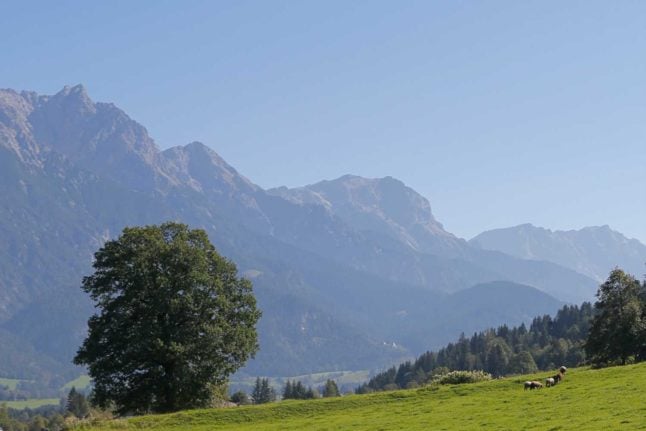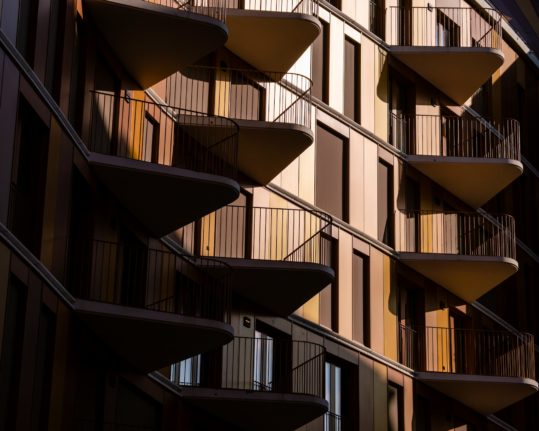Austrian far-right host Hungary’s Orbán in Vienna
Hungarian Prime Minister Viktor Orbán announced in Vienna on Sunday that he wants to form a new EU parliament alliance with Austria’s far-right party and the Czech centrist group of ex-premier Andrej Babis.
“We take on the responsibility of launching this new platform and new faction. I want to make it clear that this is our goal,” the nationalist premier told reporters at a joint press conference with Austria’s Freedom Party (FPOe) leader Herbert Kickl and Babis of ANO, calling for other parties’ support.
The new alliance, presented as “Patriots for Europe”, will need support from parties from four other countries to be recognised as a group in the EU parliament.
Die Presse reports that Kickl has previously praised Orbán, whose country will take over the rotating presidency of the European Council on July 1st, for being “the only one” who “successfully defends itself against illegal immigration” and “exuberant centralism” in the EU.
Kickl’s FPOe is currently part of the Identity and Democracy grouping, including France’s National Rally and Italy’s League.
What are Austria’s guidelines for hiking near cows after walker killed?
The Austrian Alps are a perfect destination for hikers, but they are also home to the grazing cows. After several high profile incidents which saw walkers killed by cattle, here are the government’s tips to stay safe.
Austrian inflation slows but remains above ECB target
The Austrian Institute of Economic Research (WIFO) forecasts that inflation in Austria will gradually decrease to 3.4 percent this year and 2.5 percent in 2025, a significant drop from 7.8 percent in 2023.
However, the country is expected to remain among the eurozone’s high-inflation countries until mid-2026, when it’s projected to reach the European Central Bank’s (ECB) target of 2 percent.
WIFO economist Josef Baumgartner attributes Austria’s higher inflation rate to wage increases outpacing those in the eurozone. The forecast predicts that the main drivers of inflation in the near future will be wage increases passed onto service prices, as well as indexations for rents, mobile phone tariffs, and bank charges.
Despite the gradual decline, WIFO anticipates a slowdown in real wage growth from 2025 to 2028 as the gap between rolling inflation and expected inflation narrows.
Third fatal mountaineering accident in Salzburg mountains this weekend
A 54-year-old man from Mauterndorf tragically lost his life in a mountaineering accident on Sunday while descending the Kasereck in Lungau. He stumbled and fell over 200 meters, succumbing to his injuries despite the efforts of mountain rescuers and a police helicopter.
Strong winds initially hindered rescue efforts, forcing eight mountain rescuers to ascend the 2,740-meter peak on foot. The man’s companion, who had alerted emergency services, was able to reach him before rescuers arrived.
This marks the third fatal accident in Salzburg’s mountains this weekend, following the deaths of a 26-year-old mountain guide trainee on the Grosser Geiger and a 36-year-old hiker on the Untersberg.
Electricity price brake halved from today
Austria’s electricity price brake subsidy is being cut in half starting today, Monday, July 1st. The government will now subsidise a maximum of 15 cents per kilowatt hour (kWh), down from 30 cents. The subsidy will apply to electricity prices up to 25 cents/kWh, and consumers will continue to pay a base rate of 10 cents/kWh.
The subsidy’s annual consumption cap remains at 2,900 kWh, and larger households will still receive an additional subsidy per person. While the electricity price brake is set to expire at the end of 2024, some tariffs are already below the threshold for receiving the subsidy.
If you have any questions about life in Austria, ideas for articles, or news tips for The Local, you can contact us at news@thelocal.at or leave a comment below.



 Please whitelist us to continue reading.
Please whitelist us to continue reading.
Member comments